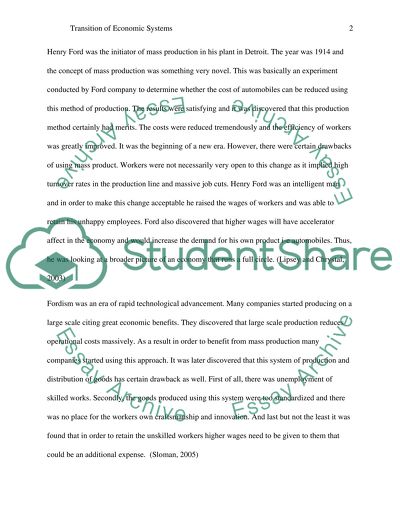Cite this document
(“Transition of Economic Systems: Fordism to Post-Fordism Essay”, n.d.)
Retrieved de https://studentshare.org/journalism-communication/1390826-understanding-the-culture-industries-social-change
Retrieved de https://studentshare.org/journalism-communication/1390826-understanding-the-culture-industries-social-change
(Transition of Economic Systems: Fordism to Post-Fordism Essay)
https://studentshare.org/journalism-communication/1390826-understanding-the-culture-industries-social-change.
https://studentshare.org/journalism-communication/1390826-understanding-the-culture-industries-social-change.
“Transition of Economic Systems: Fordism to Post-Fordism Essay”, n.d. https://studentshare.org/journalism-communication/1390826-understanding-the-culture-industries-social-change.


